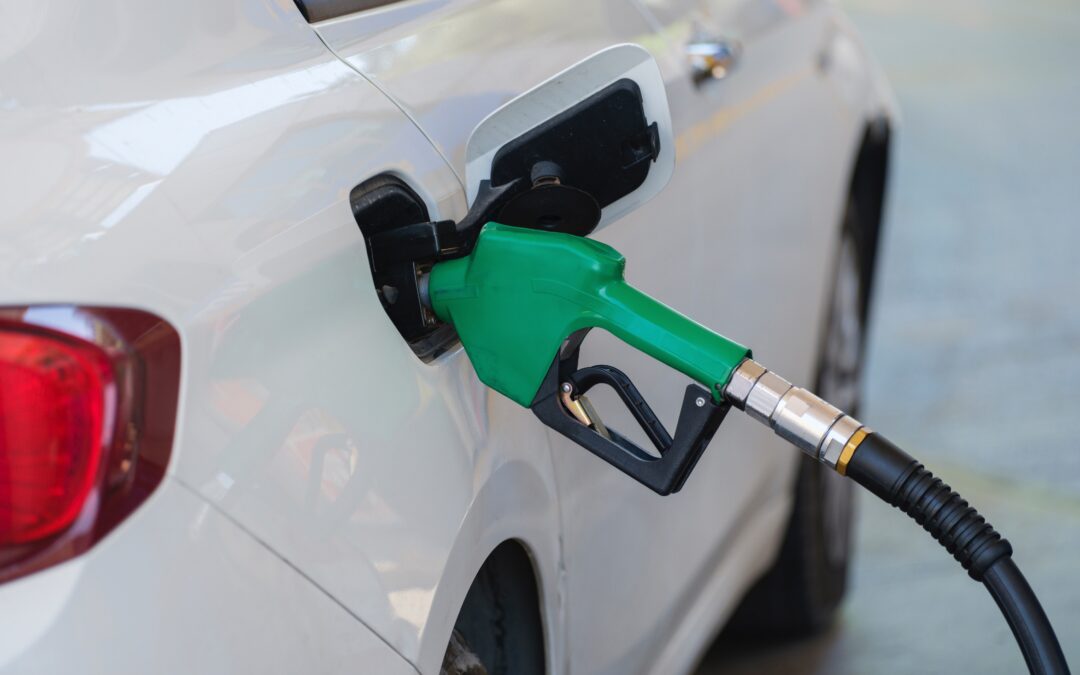Are you planning to get out on the open road this summer? If so, you may be spending a small fortune at the gas pump. Don’t be discouraged – there are solutions to help you save some money. By improving your vehicle’s gas mileage, you may realize some cost savings through simple things you can do to reduce fuel consumption. In this month’s blog post, we review seven tips for saving fuel and increasing your vehicle’s gas mileage.
- Tire Air Pressure: The majority of drivers do not keep their tire pressure properly maintained. Underinflated tires cause more drag on the vehicle and increase fuel consumption. Keep your tires inflated to the proper level based on your tire or vehicle manufacturer specifications.
- Fuel Choice: Every vehicle has different octane requirements for fuel. Octane level is a measurement of the fuel’s ability to withstand compression in the engine without prematurely detonating. In other words, the higher the octane the more effective it is at preventing premature detonation and misfires. Check your specific vehicle fuel requirements and stick with the octane level that is necessary for maximum performance.
- Speed: How you drive can easily impact your fuel efficiency. If you tend to speed on the highway, you are naturally going to burn more fuel. Or, if you make sudden starts or “gun” the engine at a traffic light, this will consume more fuel. Maintain the proper speed for your safety and for the fuel savings. When possible, use cruise control. Cruise helps to manage the vehicle speed. You probably have noticed you can get more gas mileage when you drive a long distance using the cruise control.
- Air Filter: The engine air filter is designed to protect the internal parts of the engine by filtering the incoming air from dust and dirt. If the filter is dirty or clogged, this will affect the overall gas mileage. Make a habit of having the filter checked at each oil change and replace it once a year.
- Spark Plugs: Your spark plugs are part of the ignition process and can be worn or damaged. Along with spark plugs, you may experience wiring or timing issues, and these can impact the fuel consumption. Have you spark plugs, wires, and timing checked periodically to ensure that they are optimized.
- Extra Weight: If you have extra weight in your vehicle, such as heavy tools or loads in the trunk or rear of your vehicle, this could easily burn extra fuel. A heavier vehicle will take more power to move, so it helps to remove any unnecessary items from the vehicle to lighten its load.
- Alignment: Another way you can improve gas mileage is to have your wheels aligned. Wheel alignment issues surface when you drive over rough road surfaces, or through potholes. When the wheels are out of alignment, it causes the vehicle to work harder, and burn more fuel. Besides, misalignment also causes premature wear and tear on the tires.
No one likes to pay at the pump, but you can make small changes in your routine to improve your vehicle’s fuel consumption. In this uncertain economy, every bit of savings helps. If you would like your vehicle to be serviced, contact the professionals at Campus Repair today to schedule an appointment.

